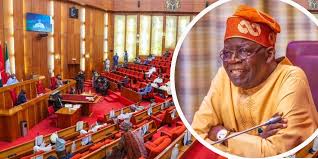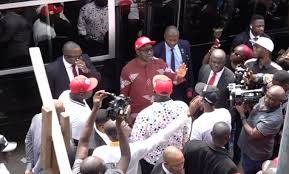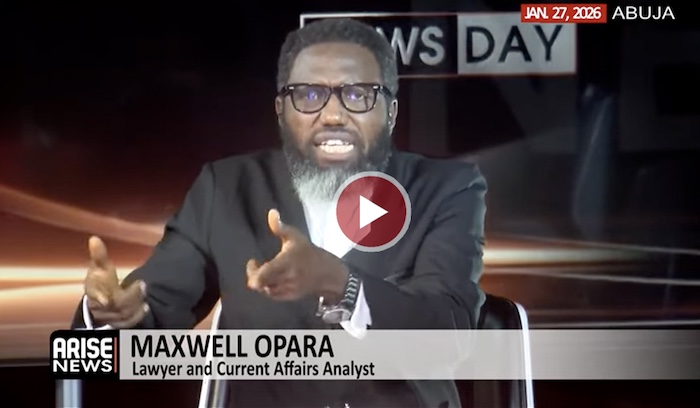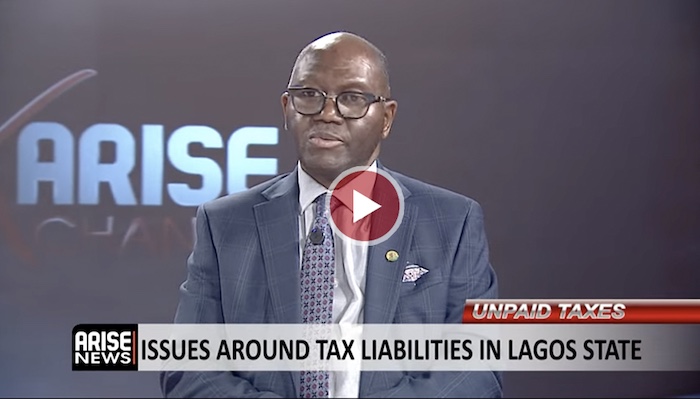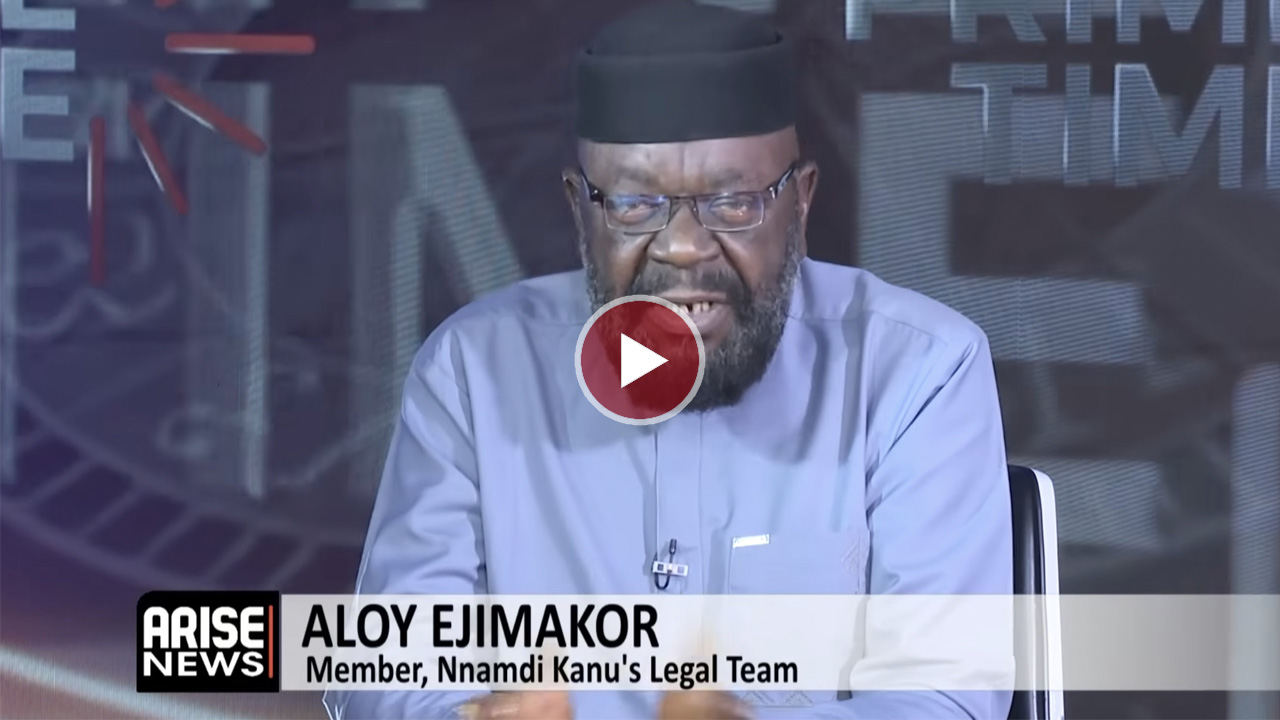

Member of Nnamdi Kanu’s legal team, Aloy Ejimakor, has faulted the life-sentence handed to the IPOB leader, describing it as “a huge surprise” and “a conviction based solely on words allegedly uttered from outside Nigeria, not on any physical act committed on Nigerian soil.”
Speaking in an interview with ARISE News on Thursday, Ejimakor said the judgment relied on “misguided prosecutorial policy” and “speeches extrapolated into crimes,” warning that the approach fuels alienation in the Southeast and deepens perceptions of sectional justice.
Ejimakor criticised the court’s reliance on recordings prosecutors claimed were broadcasts by Kanu from the United Kingdom during the EndSARS protests.
“This is a classic case of someone being convicted solely on words he allegedly uttered from elsewhere, not even from Nigerian soil,”he said.
“The judge pivoted on broadcasts said to have been made from the UK and blamed him for EndSARS deaths—even though the Lagos and Abia panels never indicted Nnamdi Kanu or IPOB.”
He added that none of the thousands of IPOB members in detention had ever confessed to carrying out violence based on Kanu’s directives.
“They never extracted a single confession linking his speeches to any violence or terrorism in Nigeria—none whatsoever.”
Ejimakor condemned the court’s reliance on remarks allegedly made by Kanu in the United States ten years ago.
“The judge referenced utterances from as far back as 2014, a mere potpourri, and suddenly—nine years later—linked them to a death in Nigeria.”
Responding to concerns that Kanu weakened his defence by dismissing his lawyers, Ejimakor insisted it was a deliberate decision.
“This is a politically charged case. He believed he could do a better job than lawyers constrained by decorum that can become prejudicial to the client.”
Ejimakor argued that the case had been prosecuted differently from similar matters in northern Nigeria:
“The prosecutorial policy zeroed in on Nnamdi Kanu, perhaps because of his region. In the north, counter-terrorism policy is engagement, not attritional prosecution.”
He warned that perceptions of unequal treatment could heighten tensions in the Southeast:
“Whether people are angry or not, they are indeed angry because there is a perception that this whole thing is sectionalized. The notion that he is being singled out is gaining currency.”
“Calm is required, because we still have opportunities lying ahead.”
Ejimakor welcomed references to Kanu’s case in a US Congressional hearing, where it was described as “a travesty of justice.”
“This gives the Nigerian government an opportunity to step in. Something went wrong, and there is now a new window to solve it.”
He cited historical precedents — from Awolowo to Mandela — where political decisions overturned or mitigated controversial convictions.
“Awolowo’s 1963 treason conviction was set aside politically. Mandela was freed by a political decision. The same path exists today.”
He added that even recent US security engagement with Nigeria made no reference to IPOB.
“If America ever mentions IPOB or Nnamdi Kanu, it will be in favourable terms, not unfavourable ones.”
He concluded with a direct call for government intervention:
“This is the opportunity to check the sense of exclusion and alienation running rife. A political solution is urgent and necessary.”
Boluwatife Enome
